Search

Reproductive Injuries in Bulls on Pasture
While reproductive injuries in bulls might not occur every year in a given cow-calf operation, they’re one of the most-common reasons bulls are examined by veterinarians during the breeding season.
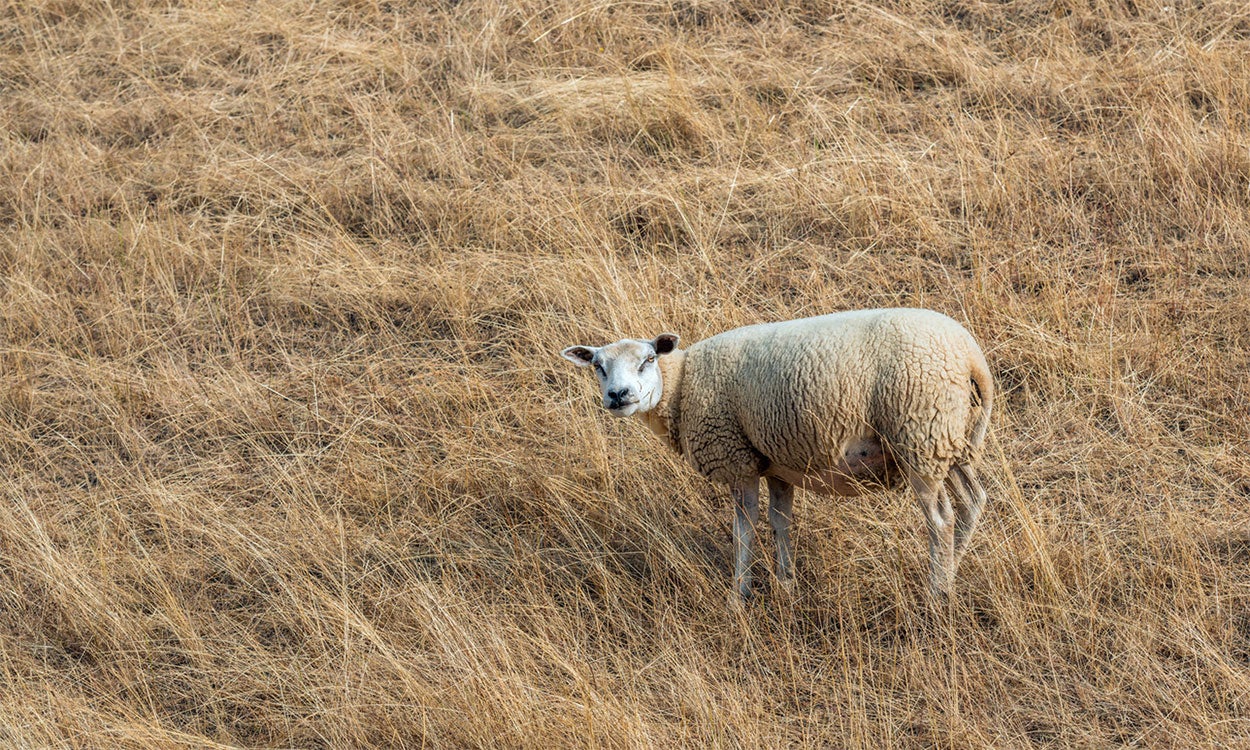
Drought Considerations for Grazing Range Flocks
Having a drought plan in place to best manage pastures is critical in being prepared for next year’s grazing season. Make decisions that will manage risk and promote both flock and financial longevity.
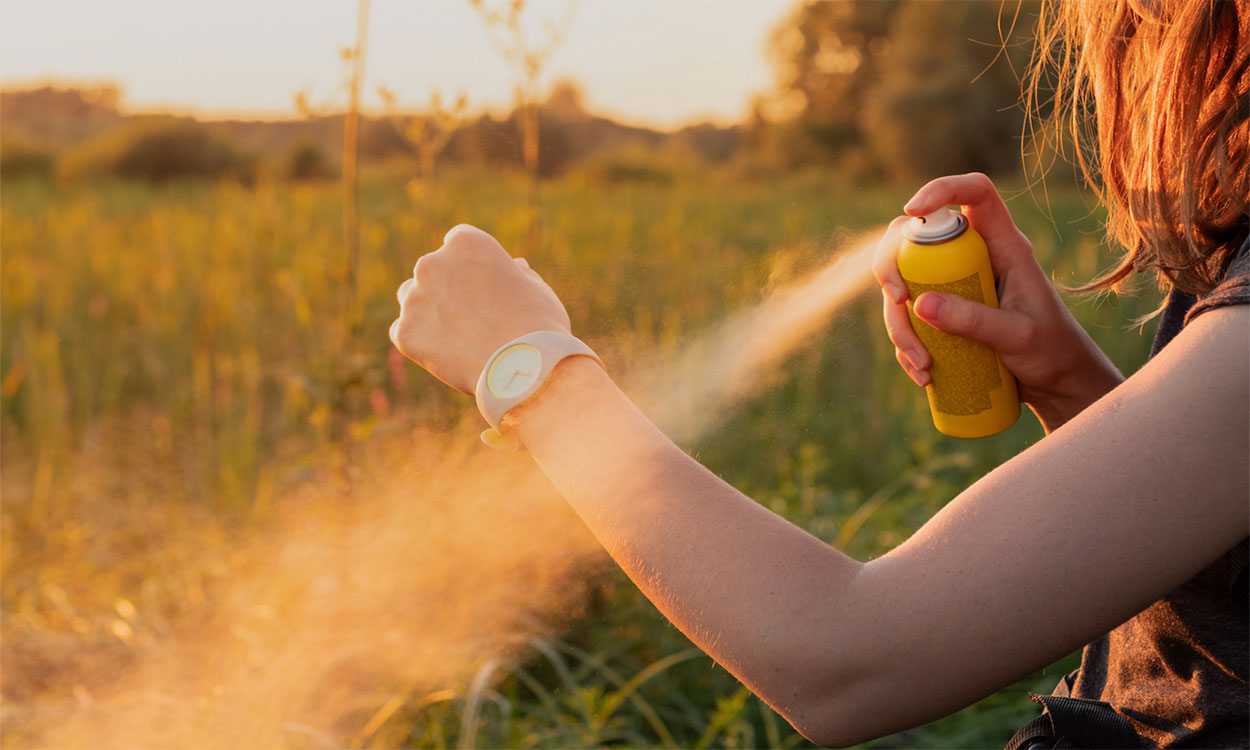
Enjoying the Outdoors Without Tick and Mosquito Bites
Outdoor activities seem extra inviting this time of year, and many people are already enjoying the long days and warmer temperatures. Ticks and mosquitoes share the outdoors with us, but there are things you can do to prevent bites from both.
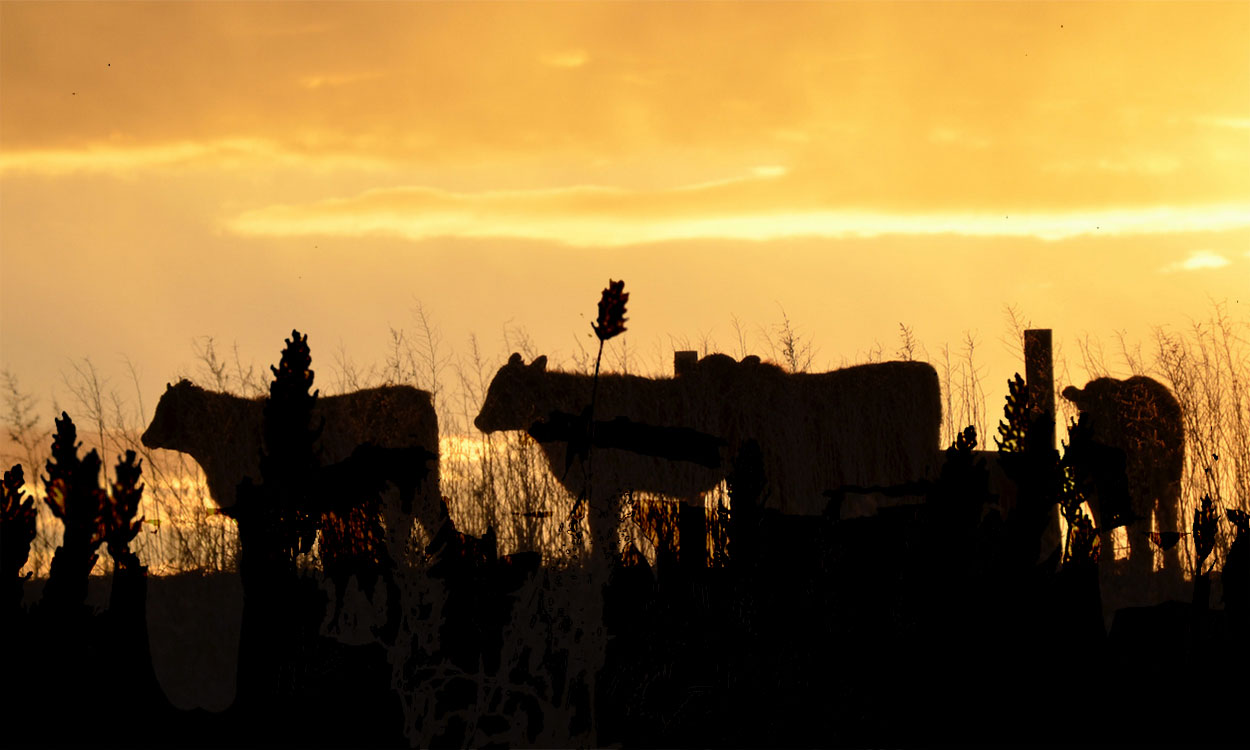
Prussic Acid Precautions
During periods of drought, it is important to aware of the factors that can be a concern during these conditions, specifically nitrates and prussic acid. It is important to take precautions when using feeds that could contain one or both compounds.
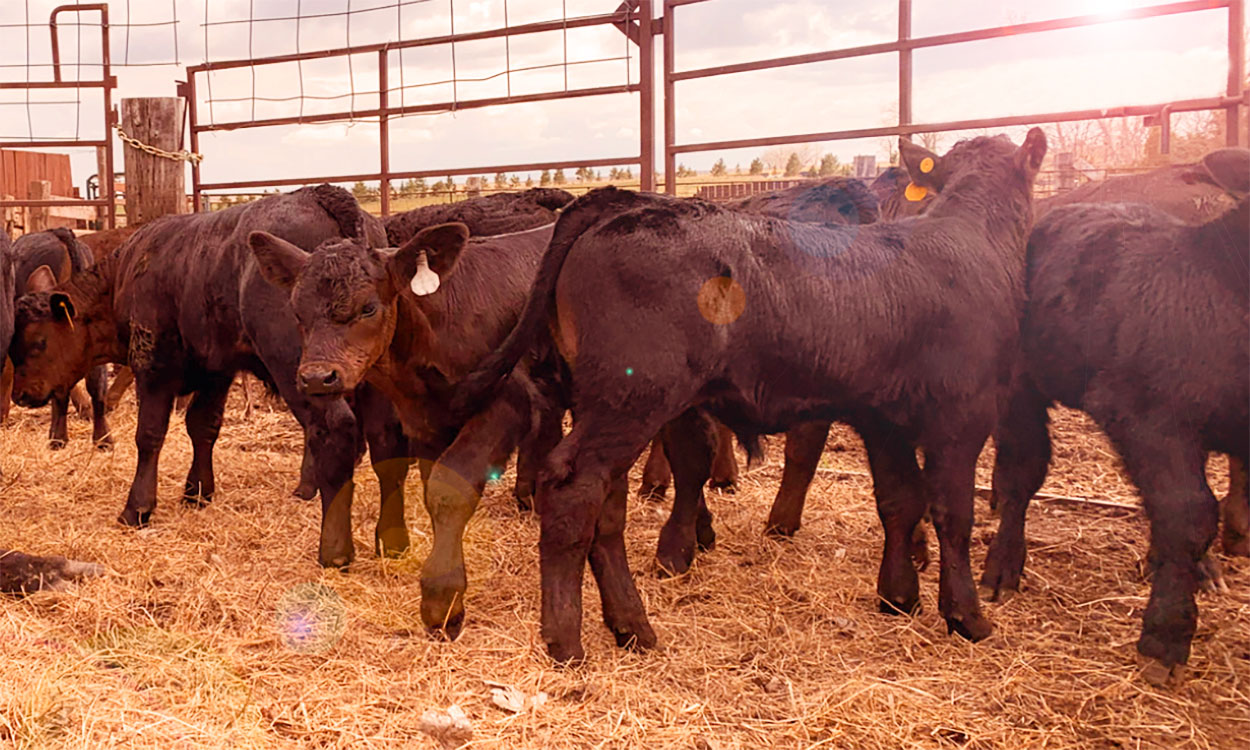
Vaccinating Early-Weaned Beef Calves
In most years, pre-weaning vaccinations are a task completed in early fall. However, in dry years, poor pasture conditions forcing producers to wean calves early may push up that timeline.
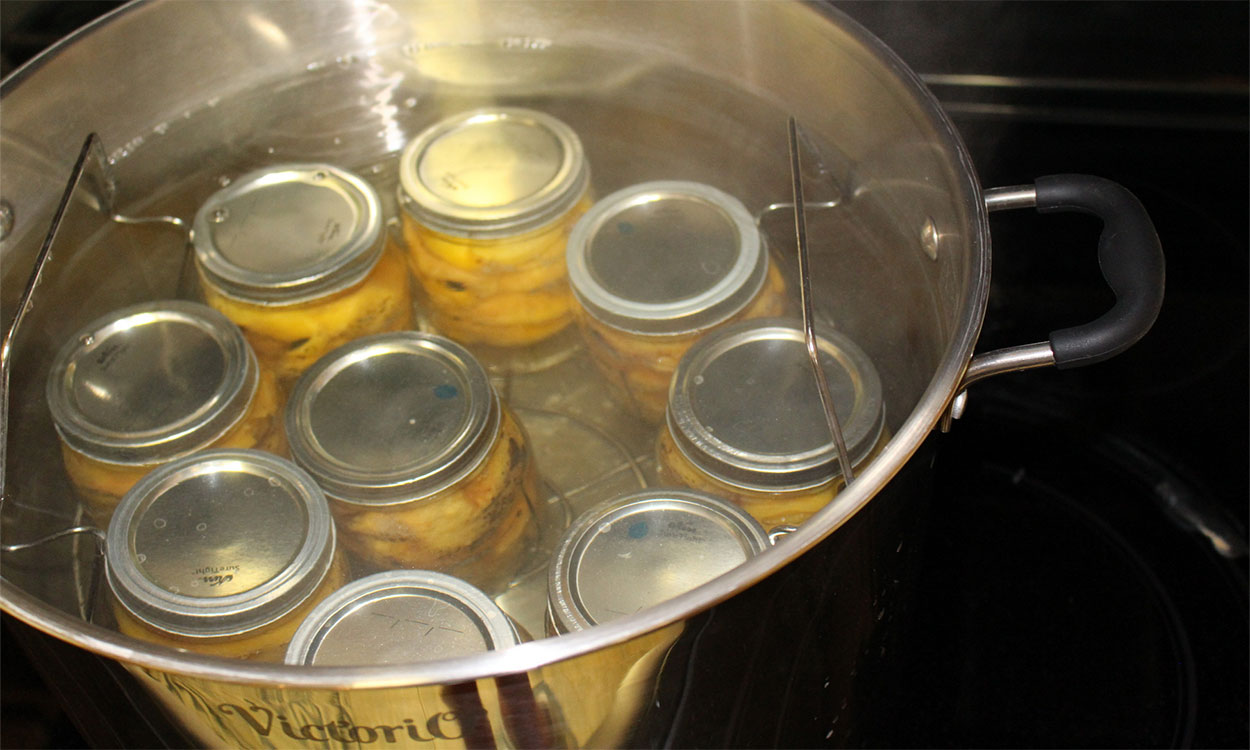
How to Can Peaches
While peach season is only May through September, you can enjoy peaches all year by preserving them through safe canning methods. Learn how to can peaches in your own kitchen with these step-by-step instructions.
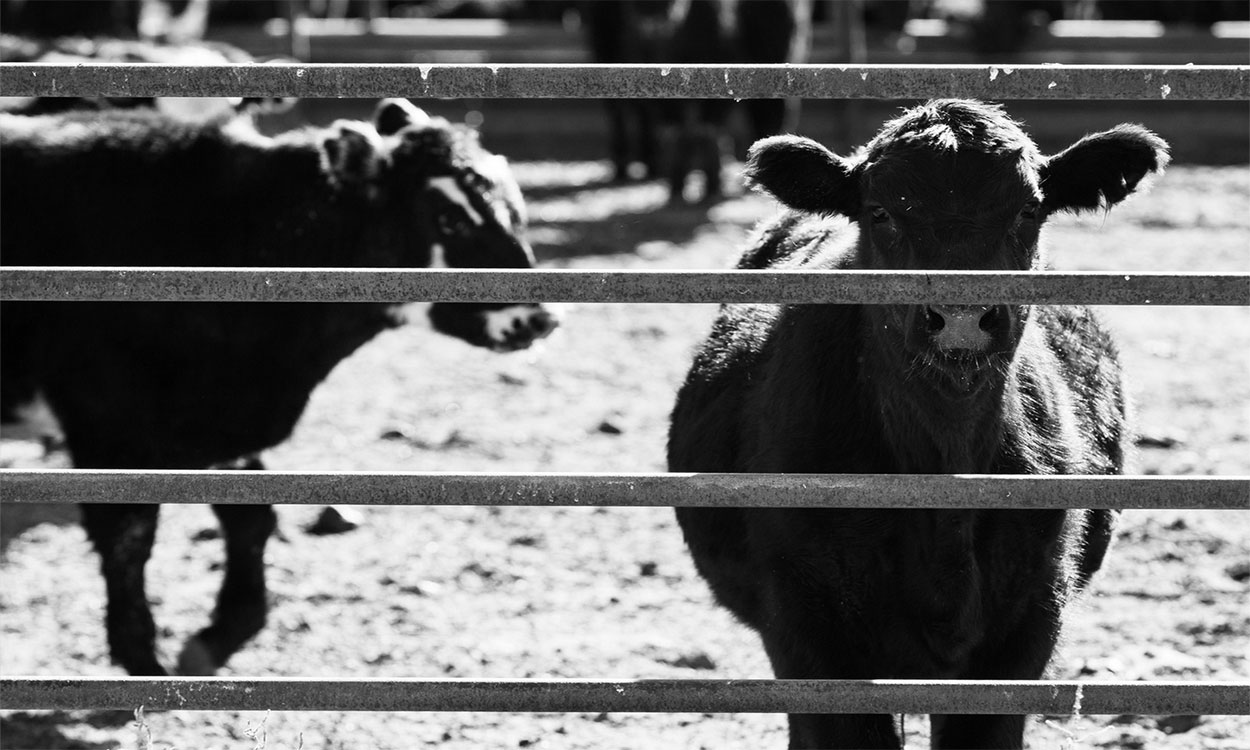
Cull Cows and Trichomoniasis
With increasing amounts of cows being sold at the sale barn with reproductive years left, there are some precautions to be aware of prior to bringing females home to re-breed.

Preserving Herbs
Fresh herbs add amazing flavor to recipes during the summertime! Their great flavors can be carried over to cooler seasons through the preservation of the plants and leaves, and the two best ways to extend the life (and flavor) of herbs is through freezing or dehydrating.
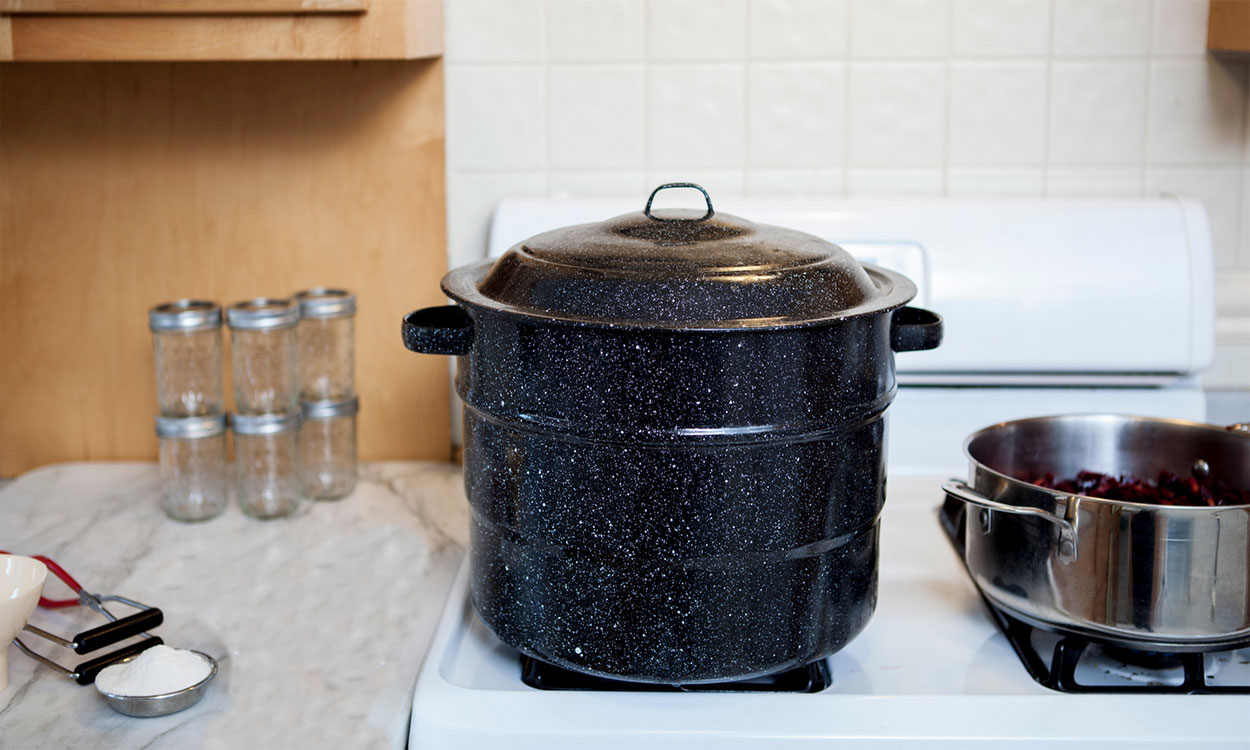
Canning With Less Sugar
As low and no-added-sugar food products have become increasingly popular, new alternative canning recipes have been created. It is possible to preserve fruits with little or no added sugar, which is great for those who prefer reduced calories.
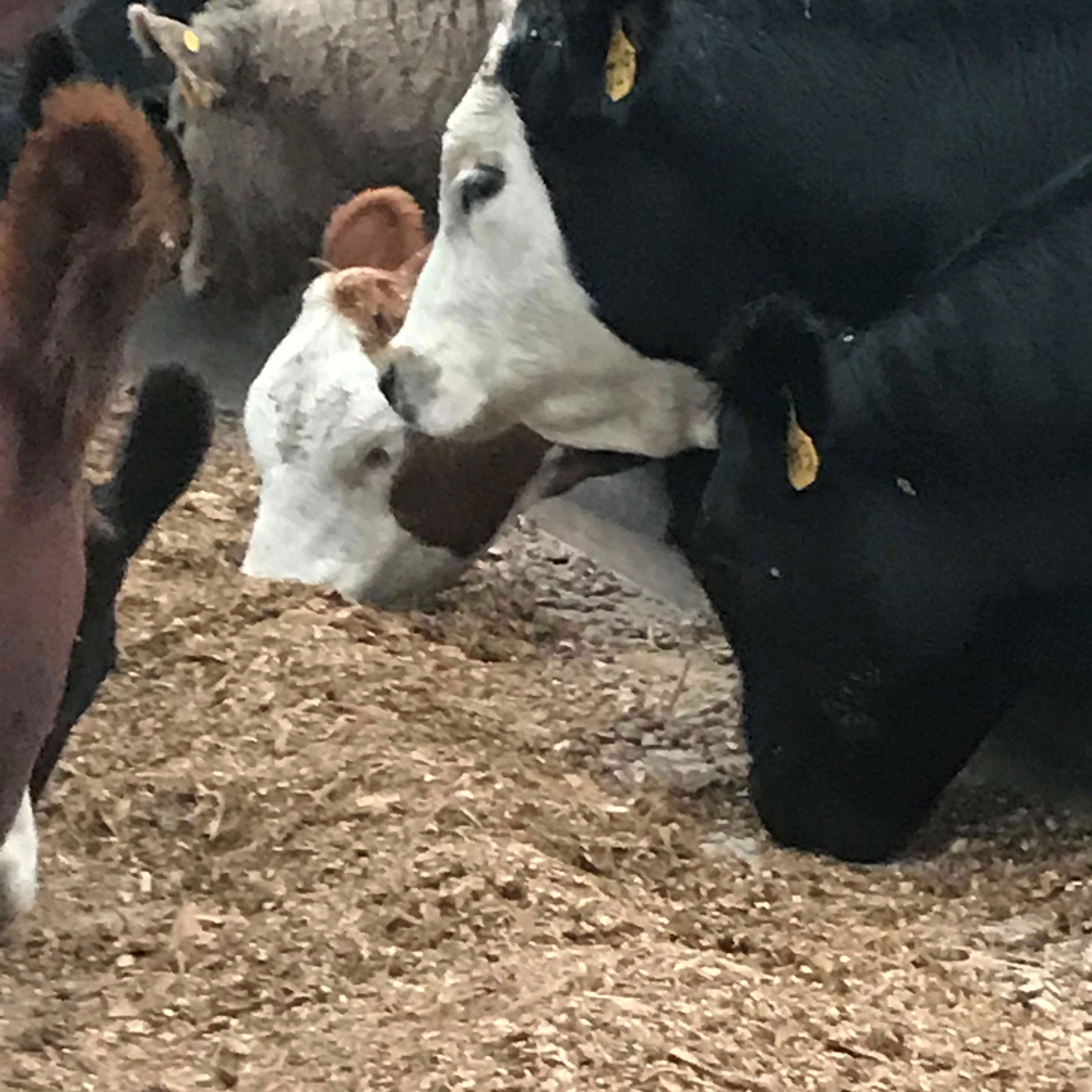
Frequently Asked Questions - Forage Nitrate Toxicity in Ruminant Livestock
A fact sheet to address frequently asked questions about forage nitrate toxicity in ruminant livestock.